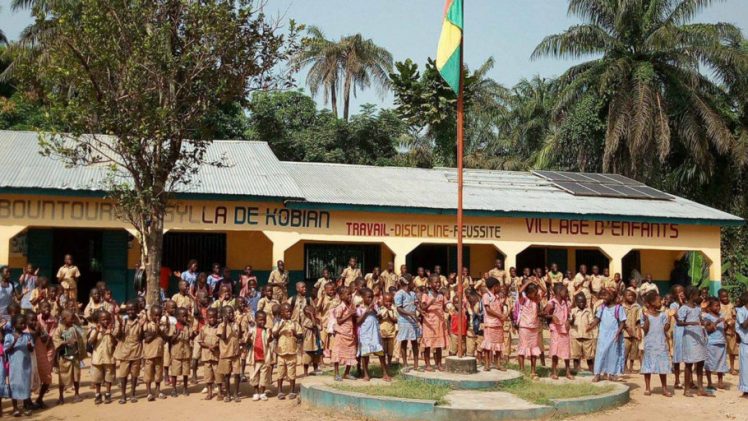Guinea is a country in West Africa. The 246,000 square kilometre country forms a crescent curving from its western border, the Atlantic Ocean. Mali, Senegal, and Guinea-Bissau share the northern border and Liberia, Sierra Leone, and Côte d’Ivoire are to the south. Guinea is the source of the Niger River.
The country is host to 24 ethnic groups. French is the official language, but indigenous languages are widely spoken. It is a beautiful country with a diverse geography and a rich culture of traditional and contemporary music.
Although Guinea is rich in natural resources like bauxite, iron ore, diamonds, gold and oil, it is one of the world’s poorest countries. The mines are largely owned by foreign investors and infrastructure is poorly developed.
Education for Guinea’s youth is a major problem. It is hard for families to send their children to school – many children are needed to help secure food. Less than one third of adults can read and there is a big gap between the genders with the male literacy rate being 44% and the female rate at 22%. Guinea’s child marriage rate is one of the highest in the world.


